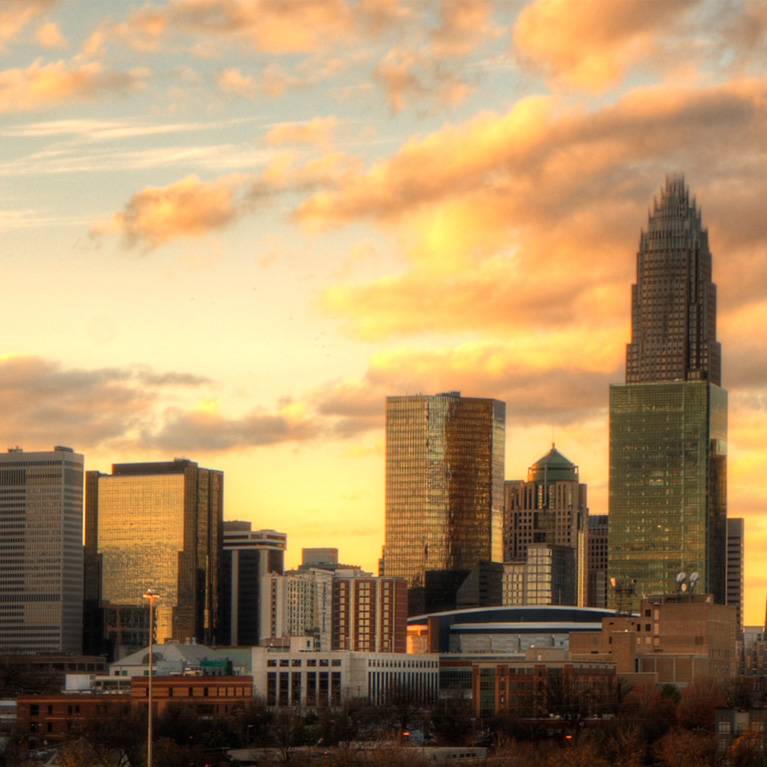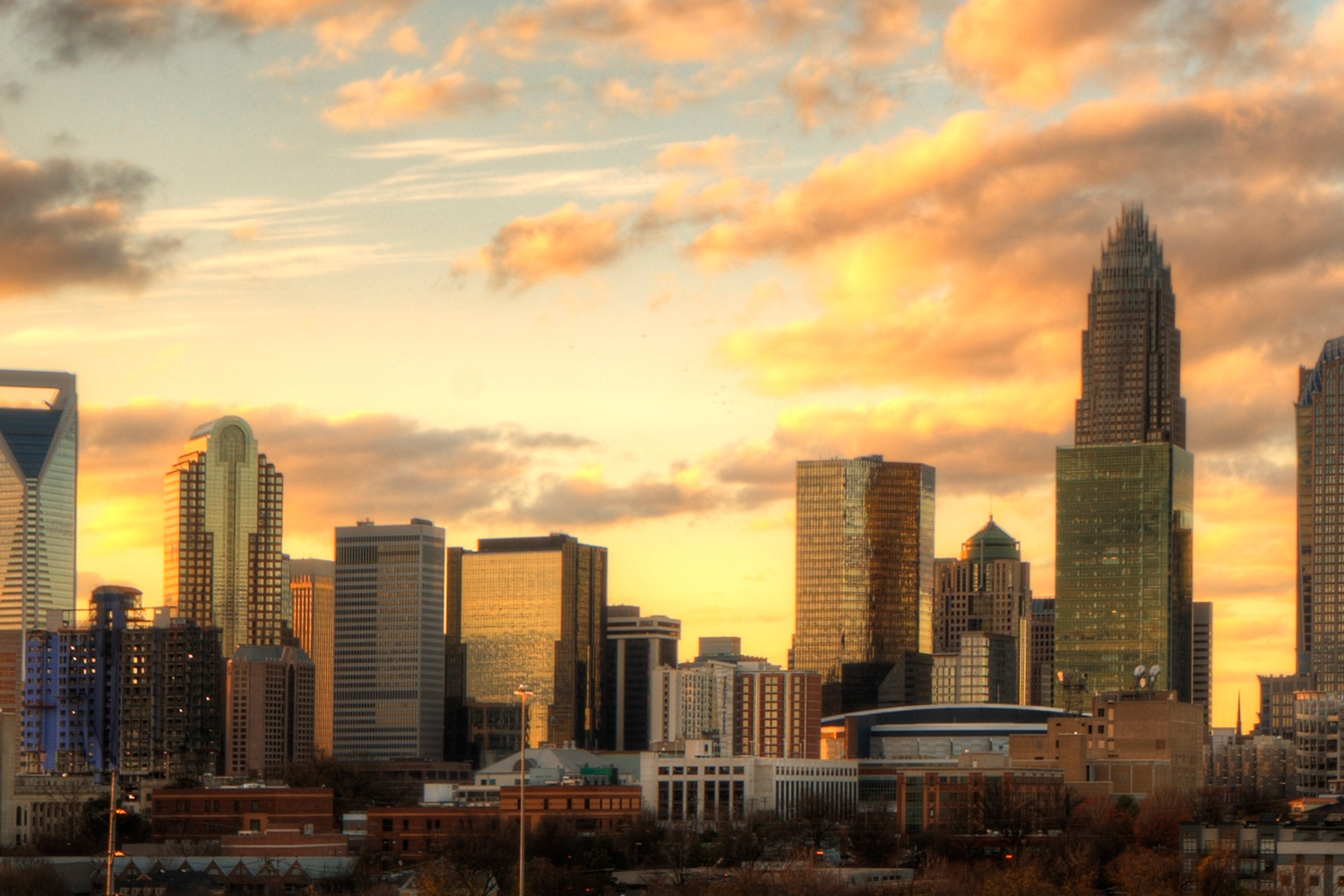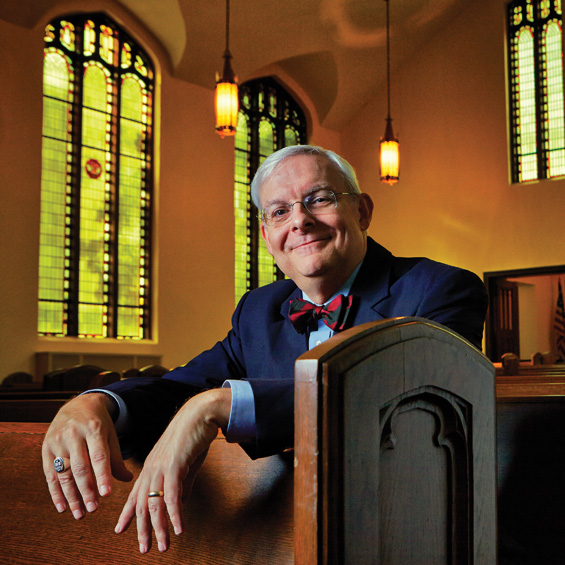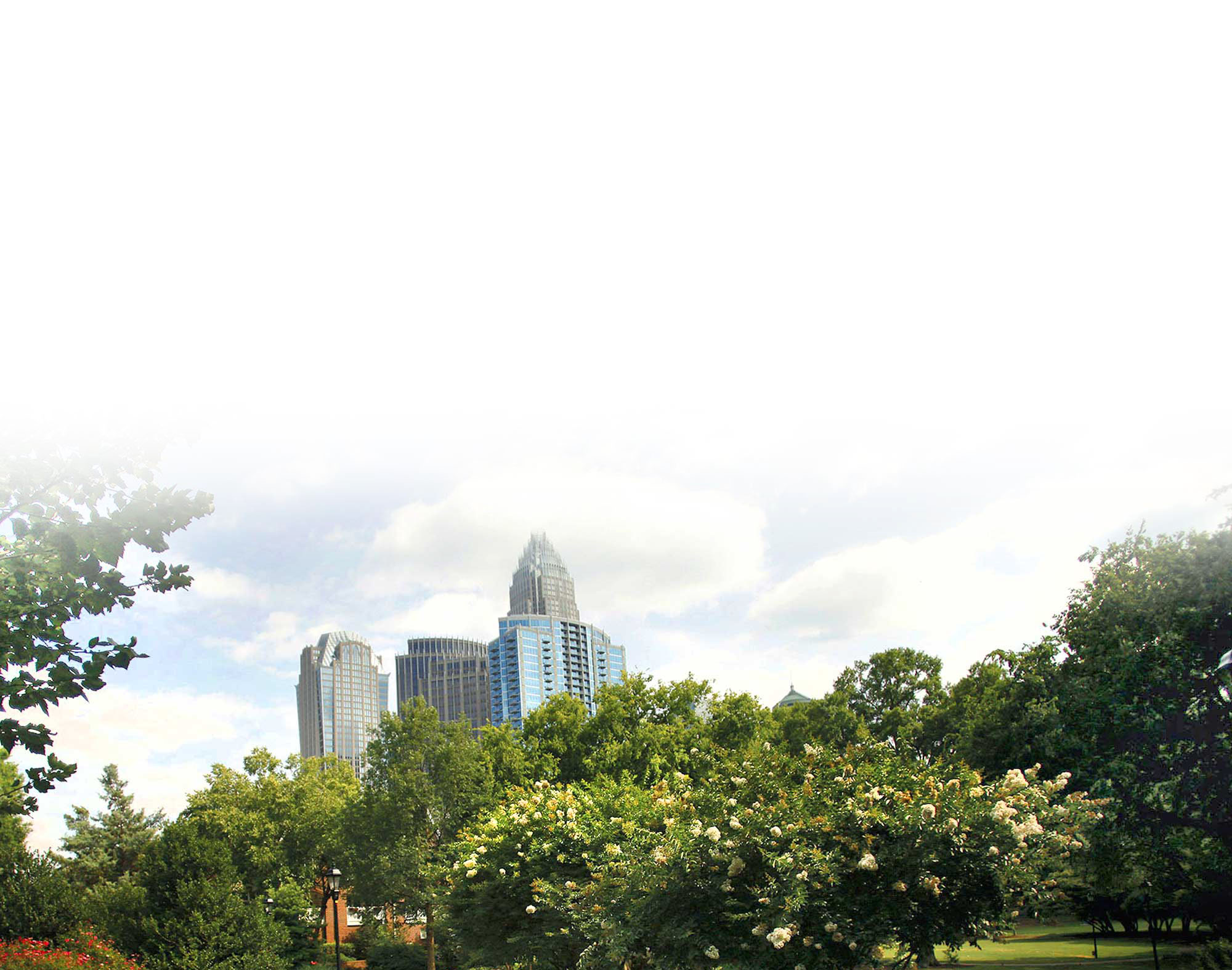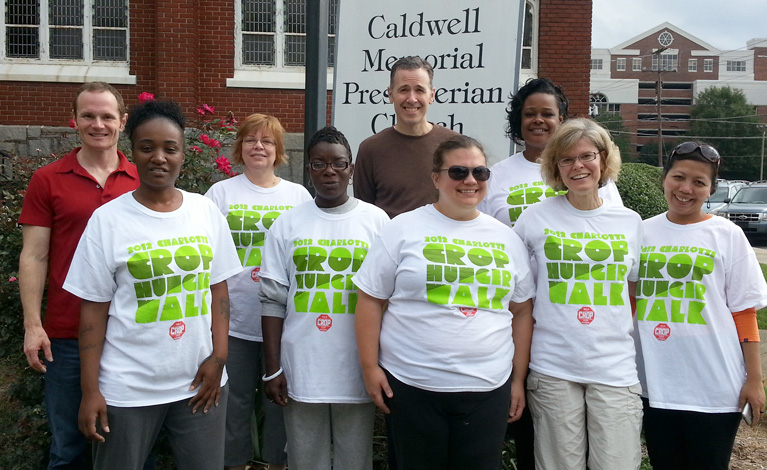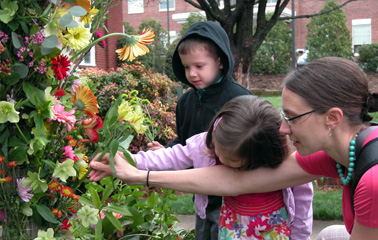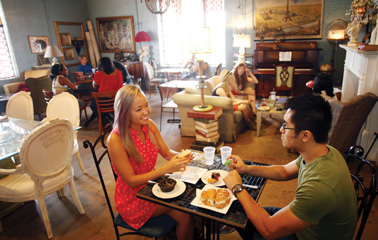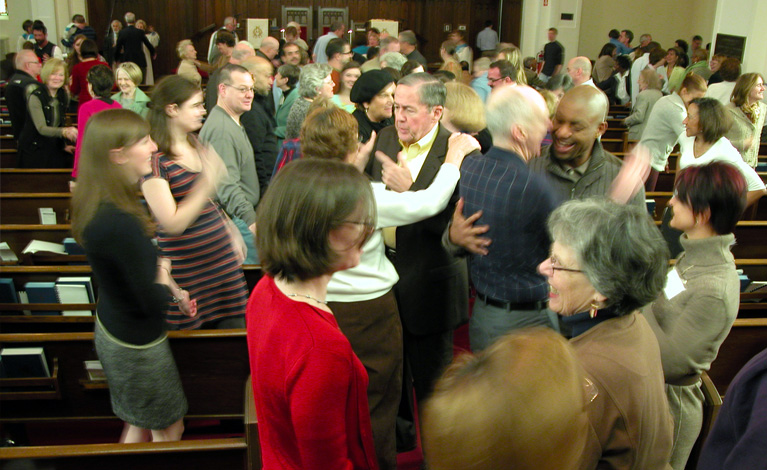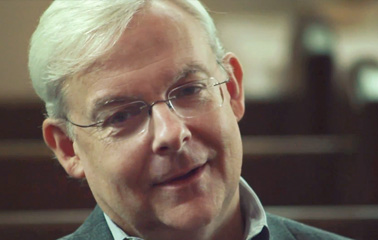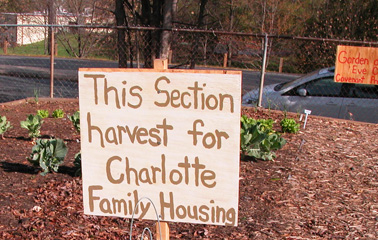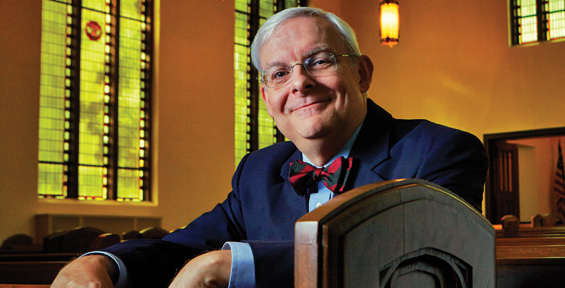
Photo credit: Bill Lusk
Five years ago, I was called to serve as pastor in a small, urban church in Charlotte where a remarkable thing had happened. Once a thriving, prominent congregation of families and successful business and civic leaders, the church shrank as suburban sprawl and urban withdrawal changed its neighborhood and its city. Over four decades, membership dwindled from 1,100 members to an active group of about 12.
But that remnant never gave up hope.
This sturdy remnant clung to its faith, believing the end for Caldwell Presbyterian Church had yet to arrive. They were right. In the fall of 2006, the old, white, traditional Presbyterians were joined by a group of people who looked very different but shared the same fundamental faith. Caldwell Presbyterian came back to life as a place of hope for others.
In this season of Advent that leads to Christmas Day, Christians remember and wait again for the birth of Hope. You might say we recollect hope. Our hope is always with us in our Lord, but we too often forget that. We misplace it amid our busyness. Or, we find hope in the wrong places and the wrong things. Advent is a time to stop and regather the true hope that sustains and guides us, whether we are in the low, dark valley or atop the sun-drenched mountain.
In the last five years, our state has climbed out of the valley, but it is still far from the mountaintop. We’ve bounced back from the Great Recession, but we are met with the reality that many of our former, high-paying jobs are being replaced by lower-paying ones. We’re recovering our momentum, getting back on our feet, but it’s taking longer than in past downturns. Millions of North Carolinians, impoverished, unemployed, and underemployed, feel the human toll.
On top of our economic realities, our state greets this Christmas far more divided than in recent memory. We’ve also lost some leading lights, including former Gov. James Holshouser and civil rights attorney Julius Chambers. It’s been a year the Old North State may be glad to bid farewell.
So, we welcome this time to recollect hope, a time to slow down and look up, to rest and regather ourselves. North Carolina has rebounded before; it will again. I know it from our history. I see it in the eyes and feel it in the spirit of our people.
Closest of all, though, I receive hope from my unconventional but joyous and committed congregation, now about 300 strong. Many from that loyal remnant of the original congregation are gone now. But on Sundays I see the last few of those lovely, faithful, proper Presbyterians sitting in the pews alongside all manner of other people — various races and ethnicities, rich and poor, urban and suburban, gay and straight, lifelong believers and brand-new ones. When the gospel choir gets going, I see our oldest member, at 92, take hold of the pew in front of her with age-curled fingers, pull herself to her feet, and join in the clapping and swaying with a beautiful smile on her face.
I see those who are struggling to make ends meet find strength in faith and family, both blood relatives and church family. I see many who have returned to church after years away from organized religion, delighted to be able to worship as they are, to serve alongside others in building the Kingdom and to seek the face of hope in the manger this time of year. I see children of many hues, the multicultural face of our future state, as they study the “old, old story” completely undistracted of their differences.
This season is also a time when we are called to lend our hope to others. So we seek to reassure the women who live in our transitional homeless shelter and know that it may close due to a lack of community funding. We worship with our Latino neighbors and learn about what the hope of Advent and Christmas means to them as immigrants in a foreign land trying to give their children a better future.
We also lend hope to members who have lost a loved one, for whom this season can be so difficult. We draw near to those facing a difficult diagnosis, some of whom may be having Christmas with their loved ones for the last time.
We are a state that looks forward rather than back, an inclusive state that worked gradually to provide equal opportunities for all its people, a place that invested in roads to aid commerce and in teachers and public schools to advance the ever-rising generations. That is who we are.
For Christians, this time of year reminds us that we live between “the already and the not yet,” the birth of hope in our Lord 2,000 years ago and the promise that our hope will one day be fulfilled beyond our greatest expectations.
In the meantime, as North Carolinians, we pause this Advent to remember who we are and to recollect the hope that sustains us in building a place for all to call home.
